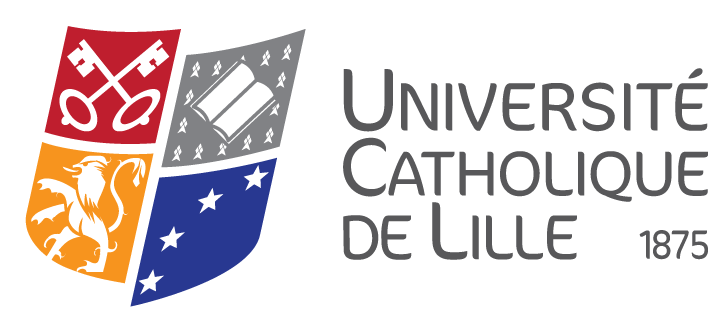Assessing Whitehead's 'Biological Turn'
Résumé
Whitehead's project comes out as a cosmology from the writings that were published until recently, before the availability of the course notes at Harvard. It also comes out as a meditation on cosmic solidarity, beyond the breakdown of syntheses around their submission to “perpetual perishing.” Whitehead always maintained that his philosophy was a “philosophy of organism.”
The ethical aspects and the connections that are possible between Whitehead's philosophy and an environmental issues context, with the science of ecology being the best symbol of a science once referred to as “postmodern” are sent to the background when one understands how Whitehead's system is centered around satisfaction, and how this involves every entity finding its right balance in a universe of divine satisfaction.
I rely on these and other fundamental convictions – of a hermeneutical nature – acquired during 20 years of reading Whitehead, to question and even challenge the idea that, at least in the lectures of HL1, Whitehead would have undergone a "biological" turn. Crucial to this is the very notion of an organism. HL1 offers resources for filling in some thoughts around the (now lost) content of Whitehead’s dissertation on J. C. Maxwell. Historians of science have shown the organic thinking already present in the tradition that inspired the non-mathematicized version of the field in Michael Faraday.
I reread D. Sölch’s essay chapter from Whitehead at Harvard 1924-25, built on the references to HL1, in order to attempt to show that, for all his speaking of a “biological” age, and his relations to Henderson or Haldane, Whitehead never had a biological turn, in particular due to the cosmological orientation of his effort. When one reads for instance Teilhard de Chardin’s Phenomenon of Man, one sees him putting life under inanimate matter, in a life or matter initial dialectical relationship, then made more complex by speaking of the outer/inner dimensions of any reality. The difference with Whitehead is precisely that the native of Ramsgate thought that all forms were held in being by a relationship to eternal objects, thus avoiding the dialecticizing of the notion of “life” as though it would separate the cosmos in two realms, one of inertness and one of life.
